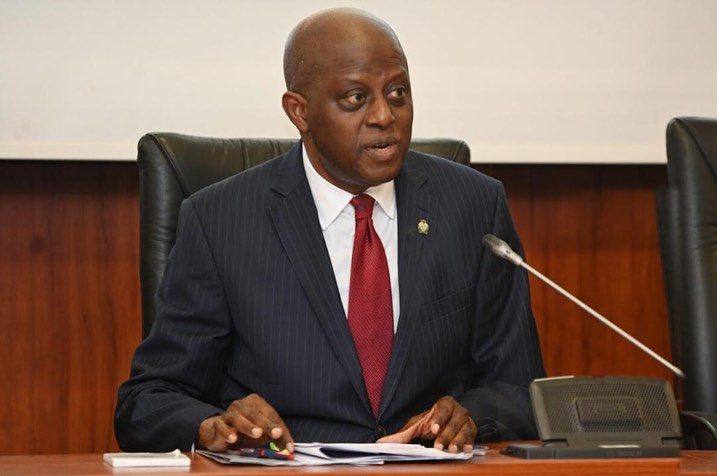Housing: 753-unit estate linked to Emefiele nears completion -Ministry
The Federal Ministry of Housing has disclosed that the internal assessment of the controversial 753-unit housing estate in Abuja, linked to a former Governor of the Central Bank of Nigeria (CBN), Godwin Emefiele, is nearing completion.
An official of the ministry, speaking on condition of anonymity, clarified that the committee’s assignment is purely internal and not connected to the ongoing corruption case involving Emefiele and the Economic and Financial Crimes Commission (EFCC).
“The internal committee is doing its work. They are going to release the report to the public pretty soon. There’s no specific date yet, but they are almost done,” the official said.
The estate, currently under investigation by the EFCC, was reportedly developed with public funds during Emefiele’s tenure and is one of several assets linked to the former CBN chief. The EFCC had seized the property as part of a wider probe into alleged financial impropriety.
According to the ministry, the committee was set up to verify the level of construction completed, the number of housing units, and what is required for full completion.
“The work that the committee is doing does not concern Emefiele. It is to assess the project itself. Once the report is ready, it will be submitted to the Minister of Housing, who will then forward it to the President,” the official added.
The government recently revealed plans to make the estate available for sale to low- and middle-income earners as part of its broader housing delivery programme.
However, Emefiele’s legal team has written to the ministry, urging a suspension of any sale plans pending the outcome of an appeal. They argued that the estate is still the subject of a legal dispute and that selling it now would prejudice ongoing proceedings.
Despite the legal challenge, the housing ministry insists its focus remains technical and administrative.
“As far as the ministry is concerned, this is about evaluating a project under our purview. The rest—legal matters and decisions on ownership—are for the appropriate authorities,” the official concluded.
The estate has become a focal point in the government’s anti-corruption campaign, as authorities weigh the balance between justice and housing delivery amid Nigeria’s growing urban housing demand.










